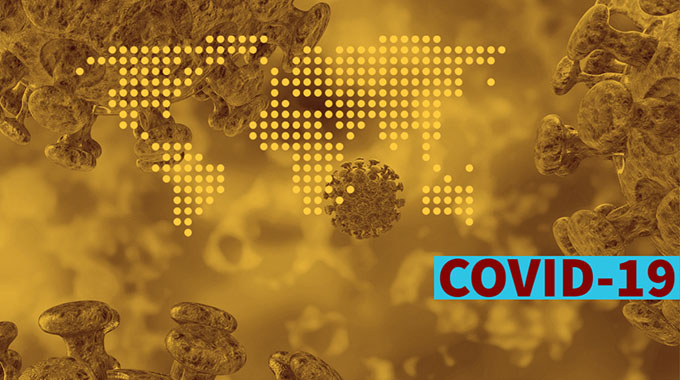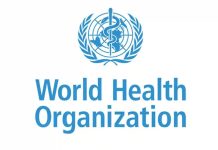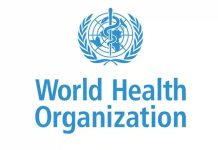IN January 2020, the World Health Organisation (WHO) declared the outbreak of a new coronavirus disease, COVID-19, a public health emergency of international concern. As at June 10, 2020, the world had recorded 7,04 million confirmed cases and 404 000 deaths. Of these, Zimbabwe had 314 confirmed cases and four deaths
In the backdrop of the extensive physical health coverage about the pandemic, we need to be reminded that the world was already seized with a major mental health crisis before the COVID-19 pandemic. About one in every four, already experiencing some form of mental health condition.
However, it remained unjustly ignored, partly because of faulty understanding of the matter and lack of resources to properly mitigate it. In some parts of the world, governments are starting to act after realising the economic cost of ignoring the mental health crisis, something we cannot afford to do in these COVID-19 trying times. Even more with the knowledge that without COVID-19, depression and anxiety alone were projected to cost the global economy an estimated $1 trillion each year in lost productivity. As the COVID-19 pandemic continues to complicate, so will the mental health crisis. Unfortunately the latter will be with us for much longer with some cases only becoming apparent in months and even years to come.
So, as we plot our ways in the unchartered territories of COVID-19 response, all players need to be reminded of the chronic nature of the mental health crisis and that there will be “no health without mental health”. Even more when the pandemic is, like in our case, complicated by poverty, stigma, and inequality, and set to have a more devastating impact on mental health that will be long lasting.
Evidence on the actual mental health impact of the COVID-19 pandemic in Zimbabwe is still emerging, and we need to be proactive about seeking and applying it. It is interesting to note that responsible players are already working on it with some organisations providing telehealth where it is feasible. The early picture developing from our setting and other severely affected regions like China, America and Europe is showing increased moderate-to-severe post-traumatic stress symptoms, stress, depression, anxiety, and substance use disorders. This is largely because the COVID-19 pandemic is coming with exposure to some known risk factors for stress, depression and anxiety including high mortality rate, resource and food insecurity, discrimination, and experience with infected and sick individuals, which can lead to more adverse mental health outcomes. These mental health challenges have been reported among healthcare workers, persons with COVID-19, their caregivers, and the generality of those exposed or at increased risk.
In addition to the human toll, these mental health challenges also have implications on work, resulting in decreased productivity. People will have difficulty concentrating, take longer to accomplish tasks, have difficulty thinking and problem-solving, procrastinate on challenging work assignments and have difficulty multitasking and fulfilling responsibilities.
Part of the management strategies to contain the spread of the coronavirus including lockdown, quarantine and isolation measures will have adverse psychosocial impacts on us. People will respond to these in different ways depending on their life circumstances. However, what is constant is that our lives will be disrupted and we need to adjust. Unfortunately, many do not have the mental and economic resources to cope in adaptive ways. Some negative mental health impacts will kick in and these are signs to look for:
Drastic changes in sleeping patterns — mostly insomnia
Changes in appetite
Extreme mood changes — easily getting angry, agitated, or irritable or feeling extremely sad
Severe tiredness and feeling easily fatigued
Losing interest in the things you loved to do
Withdrawal from family members and friends
Difficulty in focusing or concentrating
Desire to increase alcohol or tobacco use






